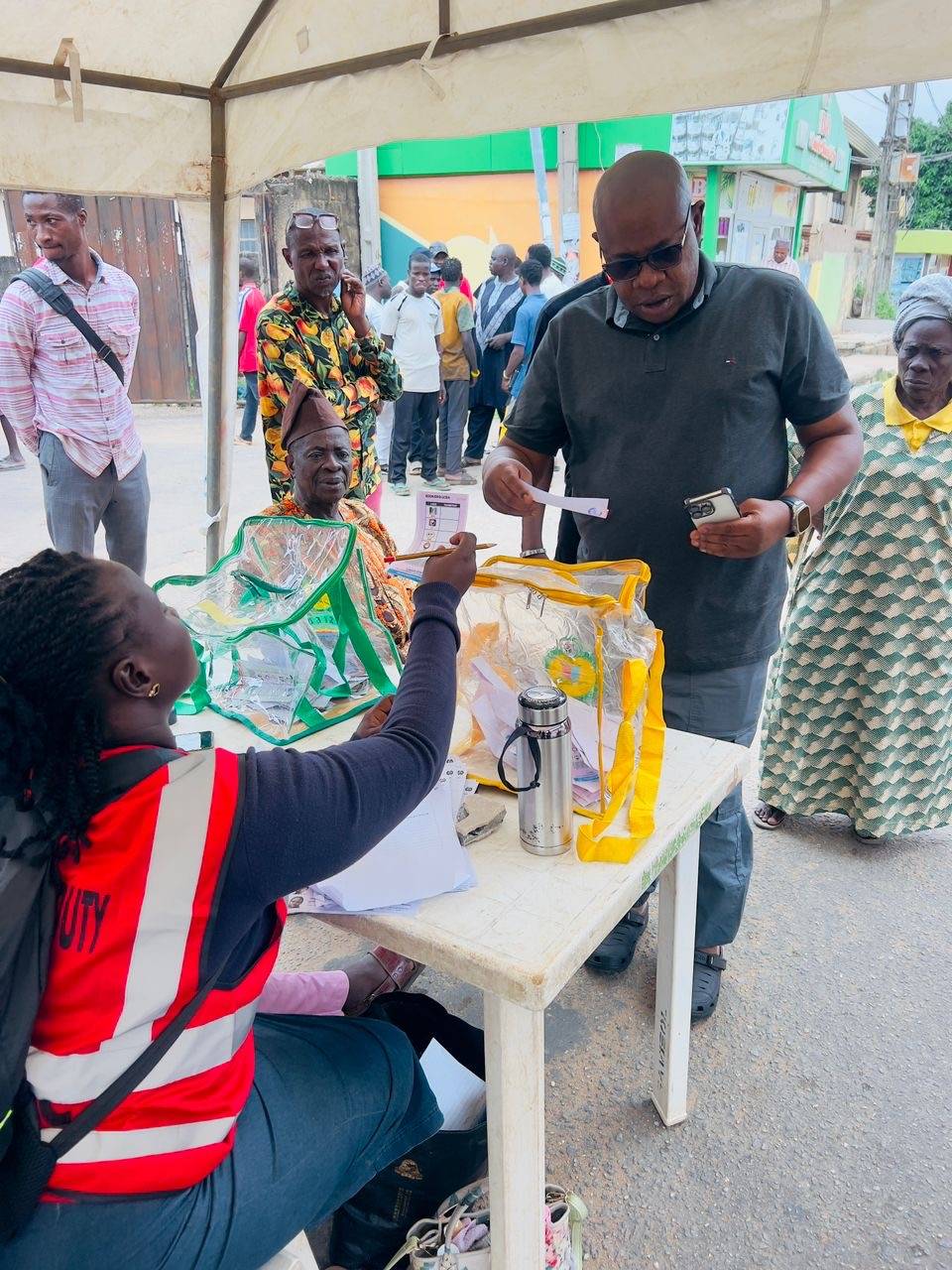Notwithstanding efforts in making businesses accountable and treat consumers fairly, the Federal Competition and Consumer Protection Commission (FCCPC) has said the informal state of the country’s retail segment makes it difficult to implement a return policy.
Although local manufacturers and suppliers are held accountable for factory defects, the FCCPC noted that 92 per cent of the retail segment is highly fragmented and informal, thereby making such a policy herculean.
With a staff profile below the requirement necessary to execute its responsibilities, the FCCPC noted that it was maximising its potential and capacity by focusing on high-impact litigations that would aid behaviour modification and serve as deterrence for many businesses.
In Nigeria, there is no government policy regulating the return-and-refund transactions between the seller and buyer.
Executive Vice Chairman of the Commission, Babatunde Irukera, in a media chat, noted that the FCCPC is considering imposing penalties on companies without an accessible consumer complaint resolution platform.
Irukera frowned at the inability of most companies to effectively resolve consumer complaints, saying the development had increased the number of daily complaints received by the commission. He said the FCCPC’s complaint resolution team has become a multi-company customer service desk.
“The reason people are coming to us more is that they can’t find the people who sold stuff to them. There is no stand alone, clear, accessible, well-publicised resolution platform by these companies for people to reach them.
“What we are doing is that we are going to write regulations, if you do not have that, there will be a penalty.”
Irukera said the commission is developing a complaint resolution platform that would allow companies to plug in through a subscription and receive any consumer complaint relating to them.
“With your plugging in, as the system is, as a complaint comes against you, it pushes it down to you and it is now your obligation to resolve it and we are seeing it,” he said.
“We will now start making them (companies) pay a subscription since we created what they should have.
“The Federal Government should not be the one creating customer service platforms for companies.
“We will make them pay a subscription to hook up and then when they do not resolve complaints on our dashboard, we will become a secondary resolution mechanism and make them pay the cost of resolution.”
Speaking on the commission’s clampdown on digital lenders, Irukera said the FCCPC has frozen additional 30 bank accounts operated by the companies.
“Between the time we raided and now, we have discovered additional 30 accounts and all have been frozen and we will continue to freeze as we discover them,” he said.
“I am certain that with the actions that we have taken and the nature of the engagement we are having with the loan companies, at least three of the major ones that their businesses have been severely affected by either our search or the account closure; they are modifying.
“It will take some time but I can assure you that the space is changing now.’’He said that Google has been uncooperative in the Commission’s efforts to enforce the withdrawal of applications (Apps) being used by the money lenders from its Play Store, even when evidence of inappropriate use of the Apps has been established.
The FCCPC CEO said that he considers the uncooperative attitude of Google as a potential threat to key national interest.
He expressed frustration over the inability of the commission in contacting Google while trying to pull out apps from the Google Store.
Irukera stated: “We are trying to close some Apps down from Google and there is some resistance. I got a letter yesterday from someone who is a senior legal officer, Africa & Middle East at Google, and in that letter, there is absolutely no way to contact Google.
“I found that extremely reprehensible and shameful that a company the size and magnitude of Google is hardly where it can be found, that a regulator is struggling to find Google and for Google to be able to enforce the order of a regulator in a country where Google is existing and doing business is the height of reckless irresponsibility on the part of a company with a brand and name like Google.
“So, for that letter they’ve written and their own successive barriers to be engaged for enforcement, I need to hold Google responsible.
“No company, no matter what benefit they bring, should have that prerogative or opportunity of being that anonymous. “And that is the problem we are dealing with. So, we must hold the big ones who are making a tonne of money from our citizens responsible.
“If we can hold them responsible and they become liable for that kind of conduct, then we can cascade down and talk to Instagram to the effect that if anyone is going to sell stuff on your platform, there must be certain information that must be available. “You cannot provide those platforms, make your money and look the other way, while people who come on the platforms exploit people such that they get stuck.
“There has to be a level ground for everyone. In the absence of that, even your business itself is exploitation. If you are not the exploiter, you are at least ceding the platform to exploiters to exploit people.”
He said the commission might need to work with law enforcement agencies in the United States, to get them to come up with the information needed to get those behind the illegal digital lenders.












